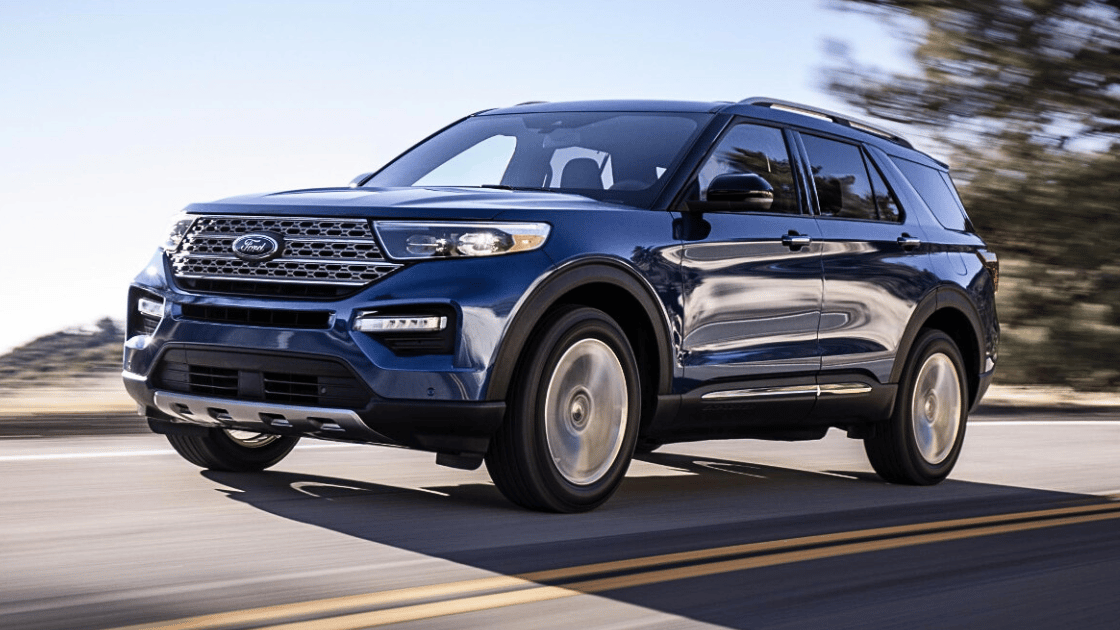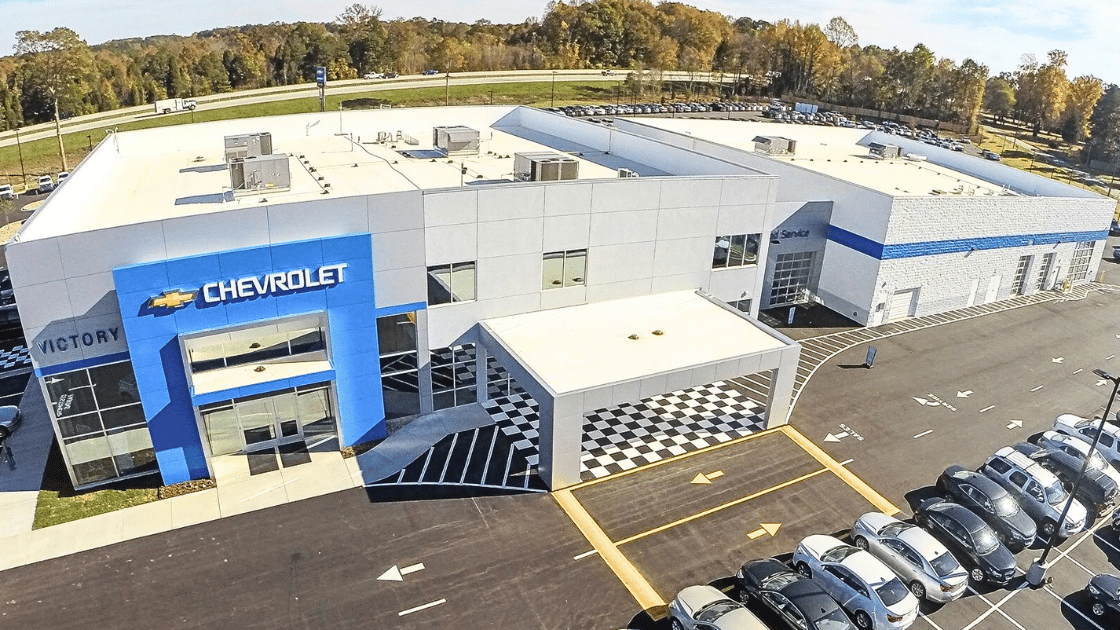
Mexican President Claudia Sheinbaum, Ontario Premier Doug Ford, Prime Minister Shigeru Ishiba of Japan
Leaders from around the world are reacting to President Donald Trump’s enactment of tariffs on all imported vehicles and auto parts—although one major group in the industry praises the move.
The details: Since President Trump announced the 25% levies Wednesday, the latest in a sweeping number of tariffs he’s implemented since he took office, there have been a growing number of global leaders sounding the alarm about the measures.
Canada
Immediately after President Trump’s announcement—Canadian government leaders including Ontario Premier Doug Ford had some choice words, tweeting “President Trump is at it again. His 25 per cent tariffs on cars and light trucks will do nothing more than increase costs for hard-working American families.”
Ford also reiterated that he fully supports “ the federal government preparing retaliatory tariffs to show that we’ll never back down.”
But as of March 27, Ford says he spoke with U.S. Secretary of Commerce Howard Lutnick and was told that Canadian-made vehicles with 50% or more American parts will not face the tariffs set to take effect next week.
All other vehicles will face a reduced tariff of 12.5% on the non-U.S. made components of those vehicles.
Mexico
During President Claudia Sheinbaum’s news conference on Thursday, the President said the Mexican government is not rushing to respond to the auto tariffs.
“On April 3 we will be giving a comprehensive response of what Mexico is going to do in the face of this situation. That doesn’t mean that on April 3 the doors to work with the U.S. are closed,” Sheinbaum said. “The doors are open for talks with the U.S. government.”
Economy Minister Marcelo Ebrard added, “What we have to look for is a form of preferential treatment for Mexico.”
Japan
Japan is the next largest exporter of automobiles to the United States after Canada and Mexico. In fact, automobiles are Japan’s most exported product— making up 28.3% of the country's total exports to the United States.
Prime Minister Shigeru Ishiba of Japan said "every option" is under consideration, with his government calling the tariffs "extremely regrettable" and a threat to bilateral relations.
Europe
Alongside the 25% tariffs on cars announced Wednesday, a new round of reciprocal tariffs aimed at the EU is scheduled for April 2. What’s still unclear is whether these will hit individual European countries or the EU as a whole.
Sigrid de Vries, the director of the European Automobile Manufacturers Association, which represents Europe’s manufacturing base that exports 50% to 60% of the vehicles it makes to the U.S., urged President Trump to consider the negative impact of the measures.
Worth noting: Even Tesla CEO Elon Musk has issued a warning regarding the tariffs, saying that the levies “will affect the price of parts in Tesla cars that come from other countries," adding that the cost impact is “not trivial.”
Why it matters: The concerns about the tariffs being raised by leaders around the world, especially those with a large consumer base in the states, is a strong indication that the U.S. retail market could face some tough challenges ahead due to the levies.
Between the lines: Amid all the concerns, the United Auto Workers (UAW) stands out as one of the only major industry groups firmly supporting Trump’s decision to enact the tariffs, zeroing in on several key points.
The levies will help to rebuild the U.S. auto industry by “fixing our broken trade deals,” which have been impacted by more than 30 years of free trade policies, as stated by UAW President Shawn Fain.
Detroit’s Big Three automakers will be forced to invest in facilities in the U.S., where vehicle production has fallen by 2 million units per year in the past decade.
The move will help to restore thousands of auto jobs, “within a matter of months,” by adding additional shifts or lines in several “underutilized” auto plants.
Bottom line: Given that the Trump Administration appears to be zeroed in on how the 25% tariffs could improve U.S. manufacturing long-term rather than short-term, stakeholders across every facet of the business should prepare for a bumpy road ahead.
Become an automotive insider in just 5 minutes.
Get the weekly email that delivers transparent insights into the car market.
Join 90,000+ others now, it's free:
Want insider knowledge on the most up to date trends in auto retail?
The Haig Report® is auto retail's longest-published and most-trusted quarterly report tracking trends and their impact on dealership values. Since 2014, this report has delivered analysis on dealership performance, market trends, and franchise valuations—offering a clear view of opportunities and challenges in automotive retail.
Join the leaders in the industry who rely on the Haig Report® for:
Exclusive insights into dealership values and valuation trends
Franchise insights and outlooks on brand desirability
Market trends to help you make informed business decisions
The only report to publish blue sky values every quarter.
Subscribe to receive auto retail's longest published and most trusted report tracking trends and impact on dealership values.












